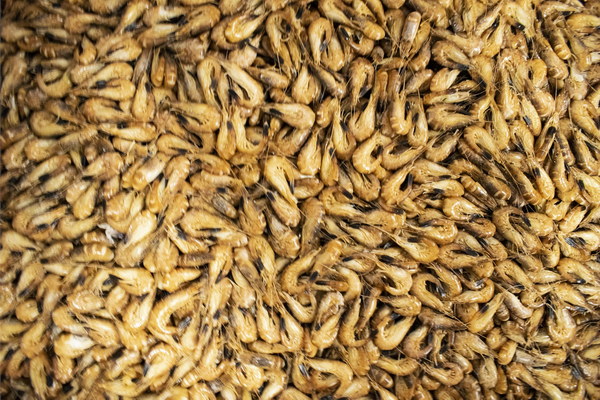Postoperative Care and Recovery A Comprehensive Guide for Children
After a child has undergone surgery, it is crucial to provide them with the necessary care and support to ensure a smooth recovery. Postoperative care involves a combination of medical interventions, nutritional support, and emotional support to help the child heal and return to their normal activities. This article provides a comprehensive guide on how to care for a child after surgery.
1. Monitor Vital Signs

The first step in postoperative care is to monitor the child's vital signs, including heart rate, blood pressure, and temperature. Any signs of infection, such as a high fever or increased heart rate, should be reported to the healthcare provider immediately.
2. Pain Management
Pain is a common concern after surgery. To manage pain, healthcare providers may prescribe pain medication, such as acetaminophen or ibuprofen. It is important to follow the prescribed dosage and to keep the child's pain under control to promote healing.
3. Nutritional Support
Proper nutrition is essential for recovery. After surgery, a child may have difficulty eating or may not feel hungry. To ensure adequate nutrition, try the following:
a. Offer small, frequent meals to avoid overwhelming the child's stomach.
b. Provide soft, easy-to-swallow foods, such as mashed potatoes, yogurt, or applesauce.
c. Encourage the child to drink plenty of fluids to stay hydrated.
d. Consult with a healthcare provider or a registered dietitian to create a personalized nutrition plan if necessary.
4. Activity Level
Activity levels should be gradually increased as the child recovers. Initially, the child may need to rest and limit physical activity. However, as healing progresses, encourage the child to engage in light activities, such as walking or playing quietly, to prevent blood clots and maintain muscle strength.
5. Hygiene and Dressings
Good hygiene is crucial to prevent infection. Ensure that the child's surgical incision is kept clean and dry. Follow the healthcare provider's instructions on how to care for the incision, including when and how to change dressings.
6. Emotional Support
Recovery can be an emotional journey for children. Provide emotional support by:
a. Keeping the child's routine as normal as possible to reduce anxiety.
b. Encouraging the child to express their feelings and concerns.
c. Offering reassurance and comforting words.
d. Attending follow-up appointments to monitor the child's progress and address any questions or concerns.
7. Follow-Up Appointments
Postoperative care requires regular follow-up appointments to monitor the child's recovery and address any complications. Attend all scheduled appointments and communicate any concerns or changes in the child's condition to the healthcare provider.
8. Home Care
Once the child is discharged from the hospital, continue to provide the necessary care and support at home. This includes:
a. Monitoring the child's vital signs and reporting any abnormalities to the healthcare provider.
b. Ensuring the child's environment is safe and free of hazards.
c. Administering prescribed medications as directed by the healthcare provider.
d. Maintaining a healthy diet and encouraging the child to participate in light activities as they recover.
In conclusion, postoperative care for children involves a combination of medical, nutritional, and emotional support to promote healing and recovery. By following this comprehensive guide, you can help your child navigate the recovery process and return to their normal activities as quickly as possible. Remember to maintain open communication with the healthcare provider and address any concerns promptly to ensure the best possible outcome for your child.









